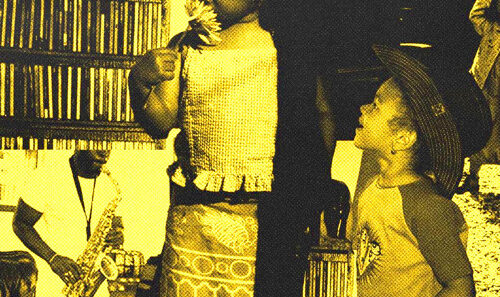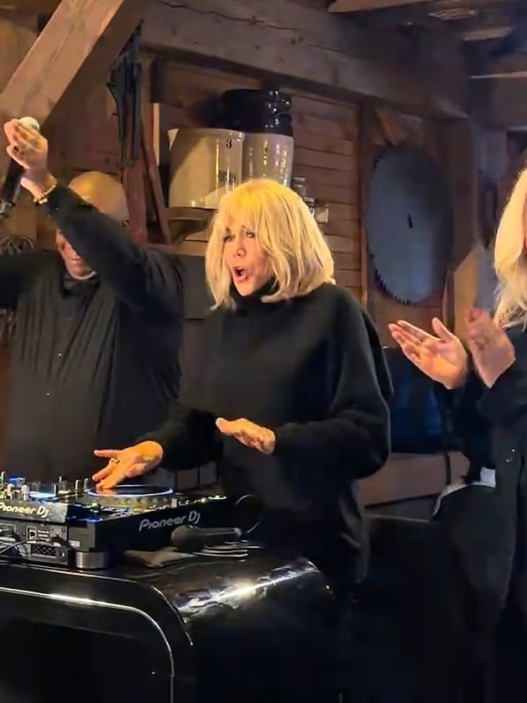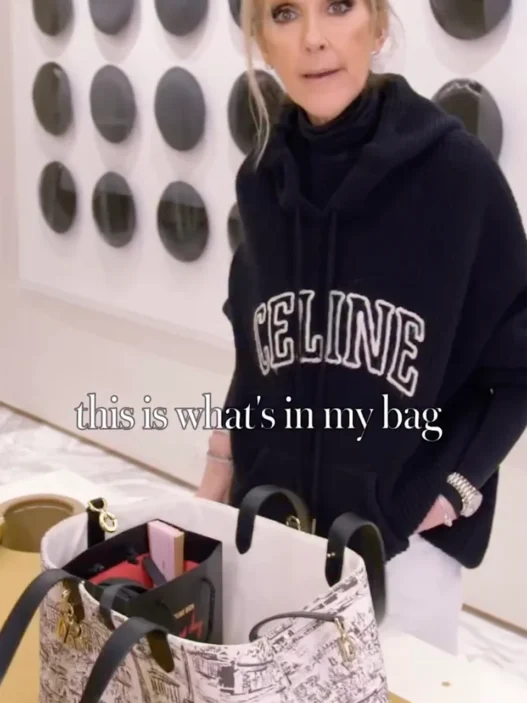INYIM Media “Back To The Future”: Salutes Today’s Viral Re-Sharing 1983 Interview On Race With Musique King David Bowie. Another, Ahead Of Its Time Tale!
“It’s coming up to the 5th anniversary of the death of David Bowie and as usual this week his fans are reflecting on some of his most iconic
moments during his lifetime. One memory doing the rounds feels extremely
appropriate in the wake of the Black Lives Matter movement; a 1983 interview
where we see him quizzing MTV’s Mark Goodman on the channel’s lack of racial
diversity.
David Bowie in 1983 / Photo Credit: Globe Photos/Zuma Press/PA Images
The Let’s Dance singer asked Goodman if he could ask some “punishing questions” after
his own interview, though it was obvious that he and other MTV staff were
completely unprepared for just how uncomfortable those questions may be… No
matter how politely they were posed by the ever eloquent Bowie.“I’m just floored by the fact that there’s so few black artists featured on
it. Why is that?” He asks, casually.Goodman doesn’t do himself any favours by admitting that although they are
“trying to move in that direction”, they want to feature artists that “fit
into what we want to play for MTV”.“That’s evident”, says Bowie. “It’s evident in the fact that the only few
black artists that one does see are on about 2:30 in the morning to around 6.
Very few are featured predominantly during the day.”His fumbling victim then goes on to deny that this kind of “day-parting” is
intentional, but Bowie isn’t about to let the issue rest when he’s seen with
his own eyes plenty of black talent on other stations.“There seems to be a lot of black artists making very good videos that I’m
surprised aren’t used on MTV”, he says. Goodman’s answer was that they have to
think of Midwestern tastes, for example, as well as those of New York and Los
Angeles, claiming that viewers in those areas “would be scared to death by
Prince or a string of other black faces”.“That’s very interesting. Isn’t that interesting?” Bowie says with a knowing
smile, possibly reflecting on the fact that Prince himself was actually born
in the Midwest city of Minneapolis. Digging himself further into a hole,
Goodman goes on to ask the question about what older artists like The Isley
Brothers would mean to a 17-year-old in the 80s, to which Bowie flawlessly
responds: “I’ll tell you what maybe The Isley Brothers or Marvin Gaye means to
a BLACK 17-year-old…”Although Bowie largely leaves it at that, looking happy enough to end the
interview with new insight into media racism, in an extended version of the video Goodman continues his garbled defence of MTV’s decisions not to include
black artists, suggesting himself that there are more angry responses to
certain types of music from young people today than there once was, and so
essentially they have to be careful not to make people mad. Another excuse
which made Bowie actually laugh out loud was from a woman off-camera, who said
that it’s also do to with the fact that they are a cable channel and “none of
the urban markets have been wired yet”.It is pretty remarkable even in hindsight at just how many excuses were given
to keep black artists out of the mainstream, and especially rock music, back
in the 80s, and it’s testament to just how iconic David Bowie was that he was
progressive enough to recognise issues of racial discrimination without being
blinded by his own white privilege.It shouldn’t surprise us too much though; many issues that we consider to be
quite modern concepts were not lost on Bowie in his time. For example, while
plenty of popstars like Harry Styles have been experimenting with gender
expression in their image, and many more have chosen to leave labels behind
when it comes to sexuality, it’s worth remembering that David Bowie was a
pioneer in gender and sexual fluidity.So even as we mourn five whole years since his death on Sunday (January 10th)
and celebrate his life on what should have been his 74th birthday on Friday (January 8th), we’ll feel pride in remembering just how much
he cared for the future of our music industry, and all the people who had to
work harder to find their place within it.” -Contactmusic.com

























